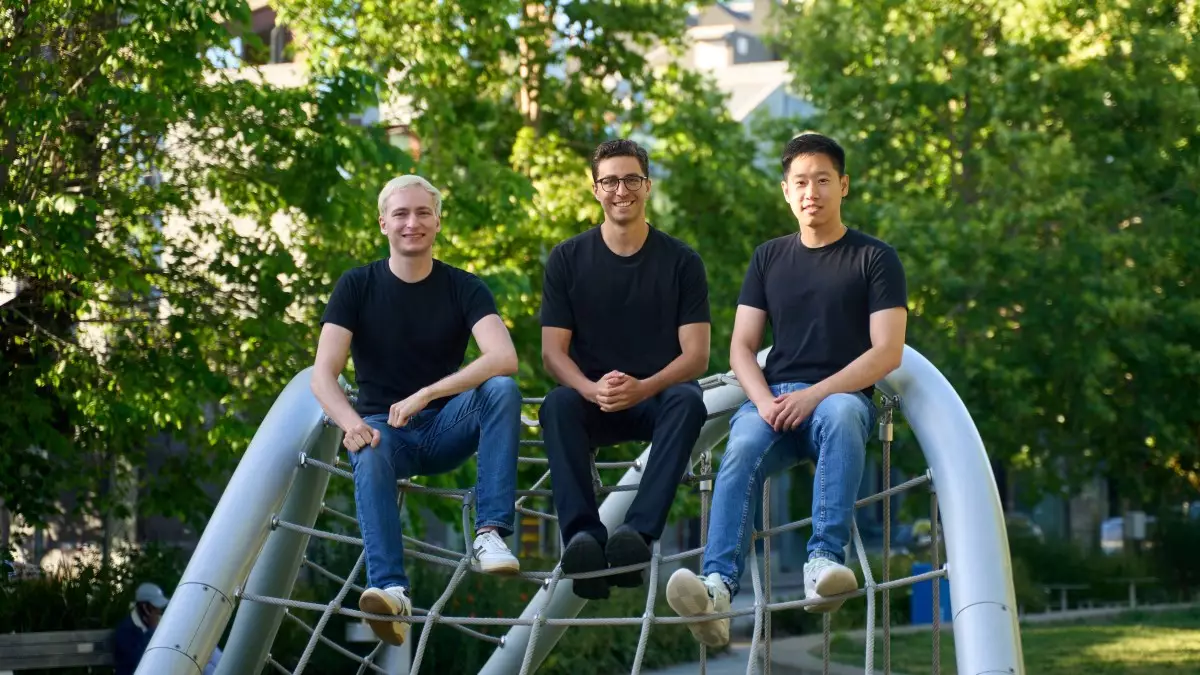Silicon Valley, particularly San Francisco, is known for being a hub of technological innovation and advancement. One might think that after a long week of coding, tech enthusiasts would want to take a break and enjoy the city’s natural beauty or vibrant nightlife. However, in reality, weekends in San Francisco are often marked by AI hackathons where technologists come together to collaborate, learn, and build groundbreaking ideas into working prototypes.
Over the past few years, the city has seen a surge in the number of AI hackathons taking place on weekends. These events provide a platform for individuals to engage in talks about the latest developments in AI, network with like-minded professionals, and most importantly, bring their ideas to life through working demonstrations. While some hackathons offer prizes such as cash or cloud credits, the real reward lies in the potential to kickstart a startup. According to Agency cofounder Alex Reibman, San Francisco is the ultimate breeding ground for ambitious projects. Despite the competitive nature of hackathons, there is a strong sense of collaboration among participants.
At a recent hackathon in San Francisco, Reibman and his team attempted to build AI agents capable of web scraping. However, they encountered significant challenges along the way. The agents frequently failed to perform as expected, leading to unexpected outcomes. To address this issue, the team developed internal debugging tools to identify and rectify the shortcomings of their agents. Surprisingly, these debugging tools ended up stealing the spotlight and winning the hackathon. This experience prompted Reibman to pivot towards creating tools that simplify the process of building AI agents.
The tools developed by Reibman’s team eventually evolved into Agency’s flagship product, the AgentOps platform. This platform is designed to enable teams to monitor the actions of AI agents in real-time and identify any deviations from the expected behavior. By offering a comprehensive view of an agent’s activities, users can proactively prevent rogue behavior and enforce necessary limitations. Partnering with AI model developers like Cohere and Mistral, Agency ensures seamless integration with various AI agent frameworks while providing valuable insights into cost and performance metrics.
In addition to the AgentOps platform, Agency also offers consulting services to assist businesses in building and deploying AI agents effectively. While the startup remains discreet about its clientele, it has revealed that hedge funds, consulting firms, and marketing agencies are leveraging their tools. For instance, Agency collaborated with a customer to develop an AI agent capable of generating blog posts about client companies. The customer now utilizes the AgentOps dashboard to evaluate the agent’s performance and cost-effectiveness.
As major players like OpenAI and Google continue to enhance their AI agent offerings, startups like Agency face the challenge of staying relevant and complementary to these advancements. With a rapidly evolving technology stack, it is crucial for companies in the AI space to navigate the competitive landscape strategically. Reibman emphasizes the importance of collaboration and adaptation in an environment where innovation is constant and multifaceted.
The proliferation of AI hackathons in San Francisco underscores the city’s status as a global tech powerhouse. These events serve as catalysts for creativity, collaboration, and the incubation of groundbreaking ideas. Through platforms like AgentOps and a commitment to excellence, startups like Agency are reshaping the future of AI and paving the way for transformative technological solutions.

